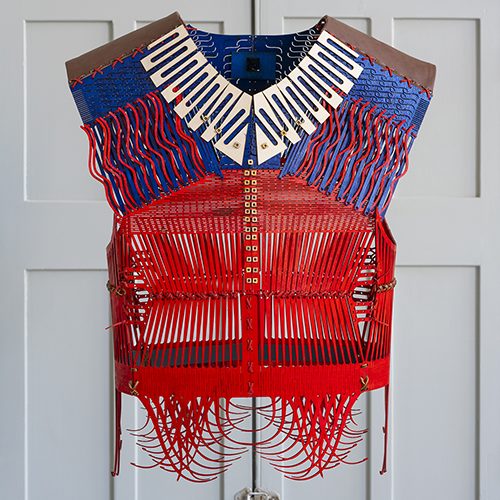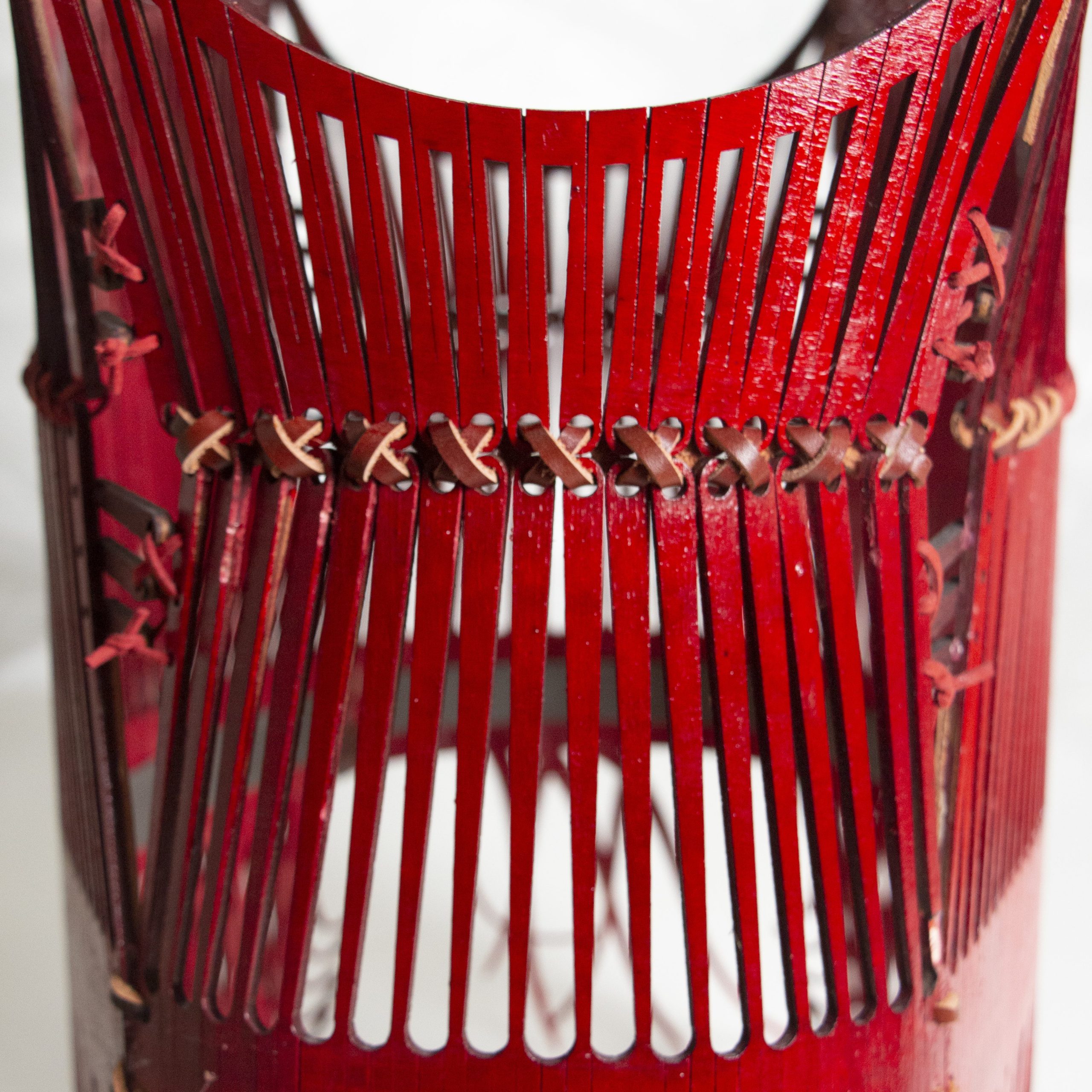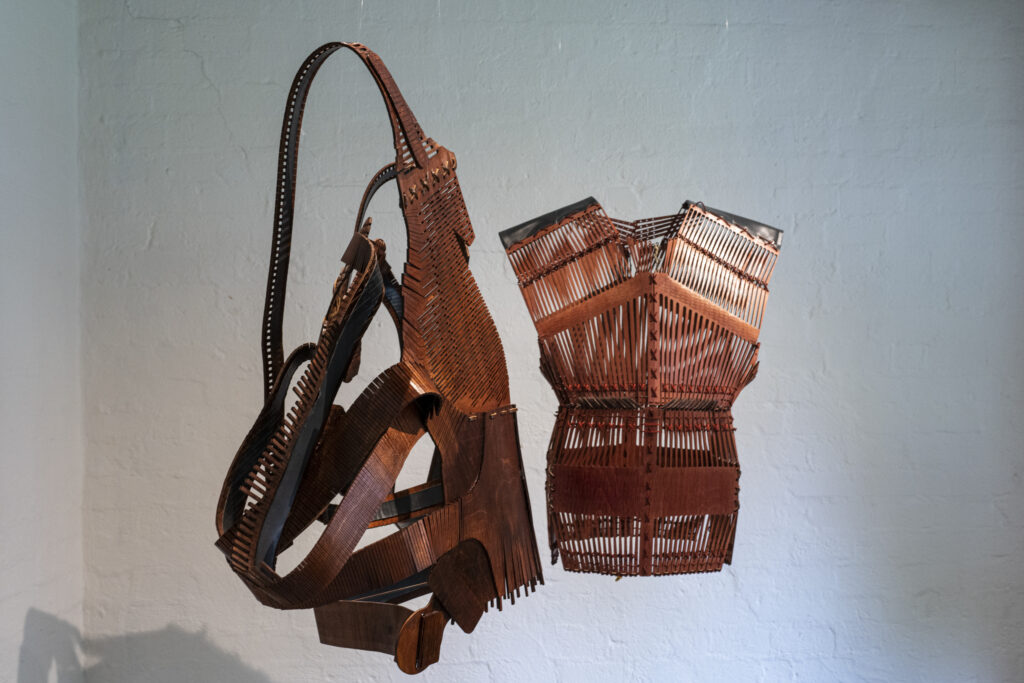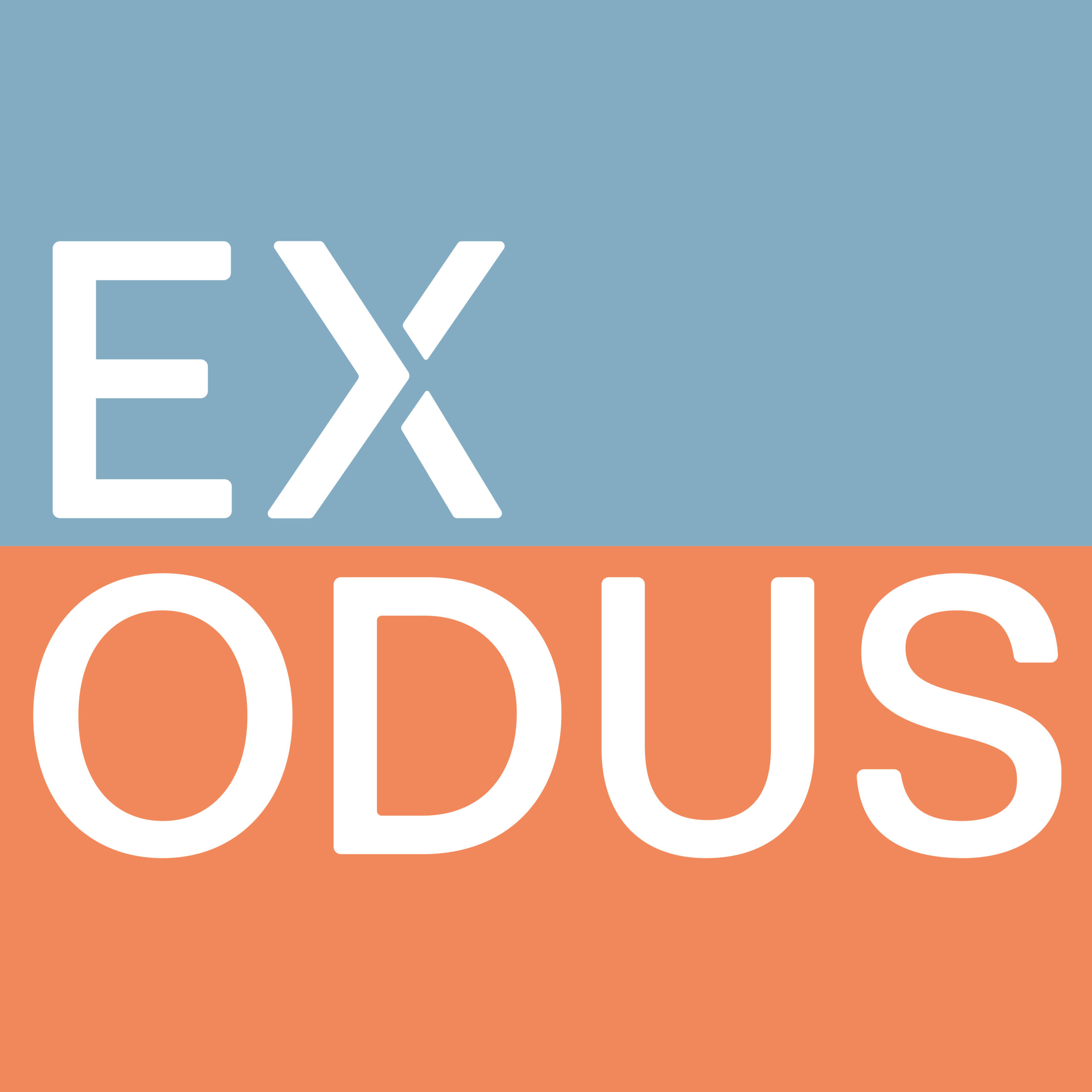Choub (Hout in Farsi) door Mehdi Mashayekhi
Over het werk
75 x 60 x 20 cm
5 torso’s – multiplex en leer
2022
Migration involves loss. Migrants move with the future in mind but stop by what they left behind. It is not just your family and friends; it is way deeper than what you think. Missing all those small talks in mother language, family gatherings, familiar hands, birthdays, weddings, funerals, accents, attitudes, values, social structures and supporting network seem not a big deal but they become your loss. All these shapes your identity, losing them equals with losing someone who is known as “you”.
You get to the point that you don’t also belong “home” anymore, But hardly to “paradise”. Realizing that you are floating between these two worlds, gives you a mix feeling of joy, fear, uncertainty and strayed. Let’s make one thing clear. These ‘worlds’ may not necessarily be two different physical spaces but just in your head. Migrants have to navigate between two different sets of cultures, mentalities, rules, regulations, customs, and whatnot. They are quasi-outsiders in a liminal zone, trying to find a comprehensive identity that is the sum of these two separate experiences. They are trying to foray into a brave new world, while, at the same time, attempting to find a sense of familiarity in the smallest of things. It’s no easy feat. Personally, floating between these two worlds gives me joy. discovering my identity somewhere that is not physically existed but millions of people are experiencing it with their own definition.


This project is a wearable clothing collection made of wood (plywood 4 mm), designed and generated by CAD programs. This complete collection consists of eight looks, 16 garments with different functions and meaning. The ultimate goal is to make material possible to move like a woven fabric.
Every piece is fully designed to wear, such as a menswear suit, shirt, Gillette and pants. This collection has a storytelling purpose and every piece demonstrate one phase of integration.. From abstract point of view, I took a migrant as a piece of wood, likely unconventional and inappropriate for a wearable garment (new social structure). The same story for a migrant, you arrive to your destination and the first impression is that you don’t feel fitted in new society as you did before. Stepping from known to unknown and it needs to shape other qualities in your character. Shaping and training the material for new structure (plywood for clothing), is a symbolic integration that happens for a migrant in destination. The core of person always stays the same (hard like wood) as it was but he is trained/ adapted for a new environment.

From technical point of view, technology is a tool for my material manipulation. With help of 3D programs, I design different repetitive dessins and constructions, which I cut with a laser cut machine, it helps plywood to be flexible. Wood remains wood, but its archetype image as a hard material has changed in this project. Story focuses on a crossover between art, science, technology and craftsmanship.
Over de maker
Mehdi Mashayekhi (1988) is an Iranian designer/ visual artist based in Amsterdam. He holds a bachelor degree in design from ArtEZ university of the arts. With a background in chemistry, he addresses social phenomena in a poetic way. His visual grammar comes from art, architecture, psychology and nature. He does believe in concept of eternity: everyone and everything is connected and flows into another.
Work of his was shown at Spring exhibition 2022 (London lighthouse Gallery), ¿YAhoraQué?2022 (Madrid 2022), the Dutch Design Week (2019) and Arnhemse Nieuwe (Ontwerp Platform Arnhem 2018).
Choub (Hout in Farsi) is de inzending van Mehdi Mashayekhi voor de Open Call EXODUS van het Bijbels Museum en Buitenplaats Doornburgh.


